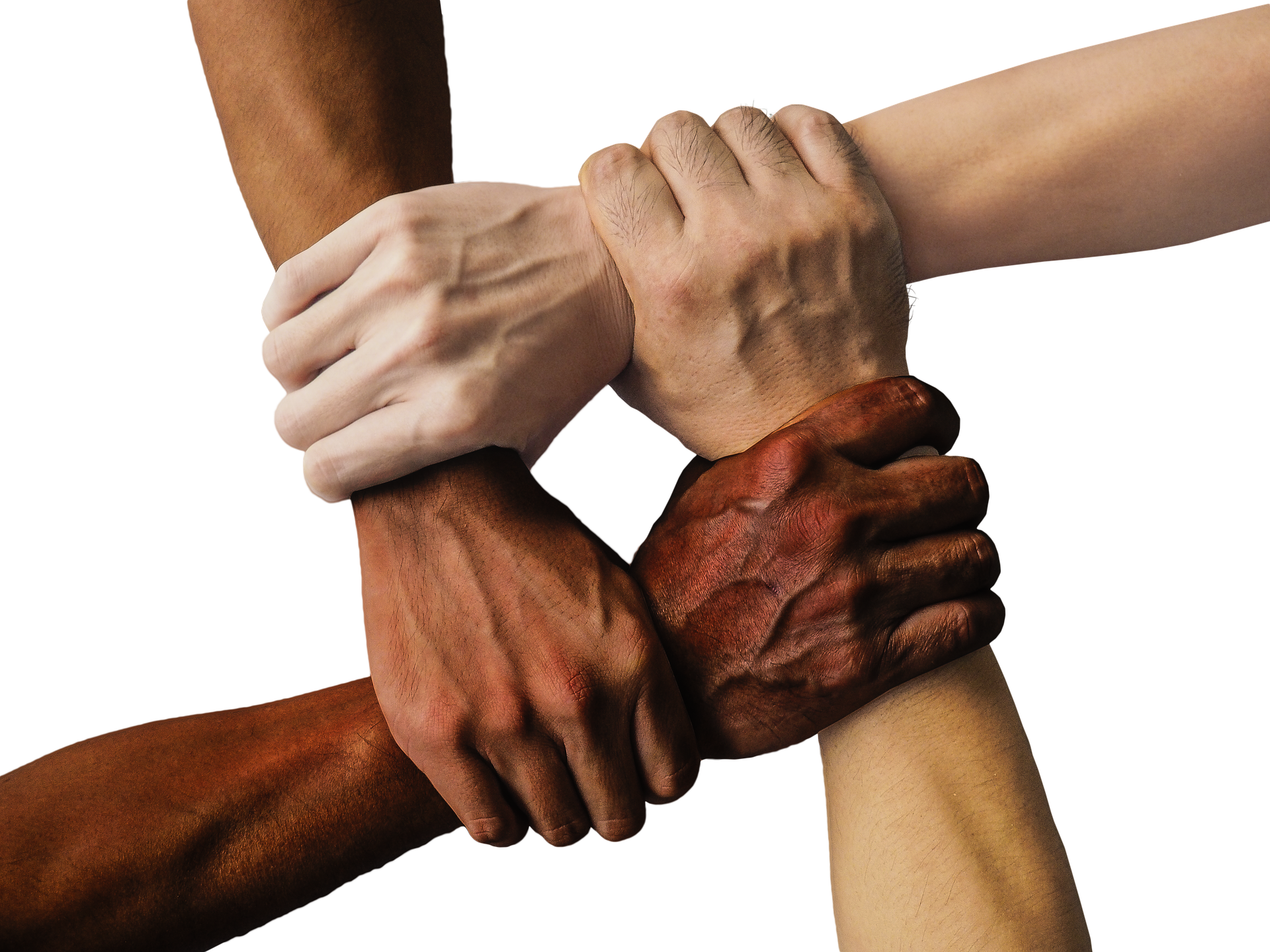Self, Other, and Ethics of Care in International Development

In my current research on international development, I’ve concluded that the feminist theorist and moral philosopher Serene J. Khader presents the most engaging, fresh, and thought-provoking perspective on the issues that international development practitioners face in their work[note]. According to her, such practitioners often engage, either knowingly or unknowingly, in what she terms “unjustified unconscious paternalism,” or UUP. I agree, and join with Khader in thinking that this form of paternalism is endemic to international development projects because of the inherent inequality that is present in the relationship between the intended “beneficiaries” and the international development practitioners, who – at least at more senior levels – are still frequently Western, privileged, and educated individuals. To combat UUP and to learn to better navigate these unequal relationships, Khader suggests that certain aspects of an ethics of care approach might be helpful, because the work that international development practitioners perform is similar in nature to that of caregivers in general.
As with any experienced practitioners in any field, senior international development practitioners may often be unable to divorce themselves from their own cherished conceptions of self and their long-held views of what is good. Given this framing, many such practitioners may misunderstand the expressed needs and desires of the intended beneficiaries and unconsciously (and, I would argue, unjustifiably) substitute their own judgments, desires, and ideals for those of the other. UUP flourishes in these relationships because the practitioners often have difficulty navigating unfamiliar cultural environments, have a desire to “save” others, and occasionally may hold epistemic prejudices toward their marginalized beneficiaries. Such practitioners may also perceive themselves as advantaged in comparison to their beneficiaries and “devalue [their] capacities as knowers” (all quotes are from Khader’s text). This attitude renders the practitioners unable to exercise appropriately unclouded judgment.
Further, UUP is unconscious because the international development practitioners are not always aware of substituting their judgment for that of the other. They may be unable to distinguish their idea of what is good for the beneficiaries from what is actually good for them in their own eyes. In such cases, even though the practitioners are effectively imposing their own ideals on their intended beneficiaries, they may genuinely believe they are helping them and they fail to recognize that they are actually acting out of their own desires.
In sum, as identified by Khader there are two fundamental wrongs associated with UUP. First, some international development practitioners substitute their own judgment for that of their beneficiaries. Second, those who do are usually unable to recognize that they are doing so. Such practitioners are unlikely to engage in meaningful dialogue with their charges about their needs, and therefore they are very unlikely to encounter challenges to their authority in these very unequal relationships.
Khader argues that caregivers, including some development practitioners as well, have to address three perennial conflicts in their work. First, caregivers must navigate two opposing views of the cared-for: the view of them generically as humans, and then as the idiosyncratic individuals that they are. Caregivers often risk imposing on the cared-for certain preexisting, general ideas about human beings based on presuppositions about what constitutes “normal” human behavior. However, as Khader asserts, good caregiving is rather about “being open to revising and reinterpreting one’s conception of normality,” refusing (or being unable) to see the cared-for in their universality, and in adjusting their caregiving strategies based on the charge’s specific needs. Since development practitioners’ work is similar to that of caregivers, as an example here we may mention the feminist critique of those practitioners who impose Western ideals on their female beneficiaries in the global South and perceive them as a homogeneous group that can be helped by using “one-size-fits-all approaches to development” .
Second, as a good caregiver, one must further be able to recognize and resolve the conflict between one’s own needs and those of one’s beneficiaries. One must distinguish between self and the other, and should that fail to happen, their capacities as a caregiver will be compromised. To prevent this, the international development practitioner must engage in dialogue with the cared-for to come to a consensus view on what their needs are.
The third and last conflict that caregivers face is temporal in nature. Good caregivers can distinguish between their charge’s present and future needs, recognizing that context and conditions change, as does the cared-for’s dependency on the caregiver. Should the caregiver fail to do so, the future growth and independence of the cared-for may be compromised as they will be unable to develop “a separate identity” and acquire “the competencies required for individuality”.
Fundamentally, an ethics of care can help us reconceptualize our relationships with people who are marginalized and/or vulnerable. Engaging in meaningful and constructive moral dialogue is one of the most essential steps that every caregiver and international development practitioner must take to correctly identify their charge’s needs and desires. More specifically, Khader suggests three strategies derived from the ethics of care that can help caregivers and development practitioners avoid the temptation to engage in UUP: (1) concrete thinking and loving attention, (2) transparency of selves, and (3) narrative understanding.
- Concrete thinking and loving attention are the virtues that can help one resolve the first conflict in caregiving, i.e. distinguishing between the view of the beneficiary as generic human versus as the idiosyncratic, particular individual that they are. The virtue of concrete thinking allows international development practitioners to reinterpret whatever presuppositions they brought into the caring relationship based on the unique information they collect during the encounter itself. Attentive love allows one to pursue this kind of concrete thinking as it actively searches for “otherness and particularity,” pushes one to constantly have their “habits of relating to the other disrupted,” fosters “persistent willingness to reinterpret the universal”, and promotes the caregiver’s willingness to know the cared-for based on encountering them rather than contemplating their needs in isolation.
- Self-transparency can help development practitioners distinguish between their own desires and those of their beneficiaries and pinpoint the instances in which they may have projected their needs onto the other. Those with transparent selves persistently struggle to achieve high levels of self-understanding to see the other’s needs without “refracting them through one’s own”. As such, they explore important questions about their own interests, the nature of their relationship with the other, the investments they have in it, and how these investments interfere with their ability to be open to truly knowing the other.
- To solve the temporal conflict in caregiving and participatory development, Khader encourages us to employ the virtue of narrative understanding, or “seeing moral decisions not as discrete events, but rather as embedded in a past and reaching out into a future”. Every caregiver and international development practitioner must understand the history of their relationship with the beneficiary in order to determine the most suitable course of action in the present, all the while concerning themselves with the question of how to promote adequate future growth of the cared-for. In other words, one must understand that context and conditions change, as do the needs of the cared-for.
In my view, Khader’s original research proffers invaluable insights into the inner workings of the activities in which many international development practitioners engage. In following her guidance and taking the approach suggested by the ethics of care, the practitioner can avoid the unconscious unjustified form of paternalism that results from the inherent inequalities built into the relationships between development practitioners and their subjects. Providing mandatory moral and ethics training for aspiring international development practitioners would go a long way in helping the individuals internalize the necessary components of genuine caring and unbiased perspectives.
by Martina Cardova
Martina is a senior at Georgetown University’s School of Foreign Service, where she majors in Regional and Comparative Studies with a focus on the Middle East. She is also minoring in Arabic.



Leave a Comment